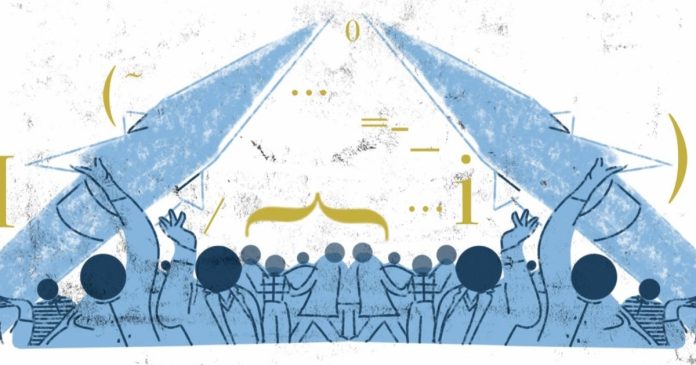Esto dice un estudio realizado por el Instituto Internacional para la Prevencin Nuclear, que analiza las posibles opciones de respuesta ante el avance en el programa nuclear iran y que se publicar el lunes.
El estudio señala que los esfuerzos diplomáticos tendrán que enfocarse en asegurarse de que Irán cumpla con sus obligaciones en relacin con la seguridad internacional, ya que las sanciones pueden ser levantadas solo si se demuestra que no hay programa nuclear militar iran. Esto puede requerir una nueva redacin del acuerdo nuclear de 2015 entre los Estados Unidos y Irán, o negociaciones adicionales, segn el estudio. En el pasado semanas, el rgimen iran ha lanzado una serie de cohetes balsticos que han sido interpretados como un mensaje de amenaza hacia las fuerzas armadas de Israel, y como respuesta a la amenaza de los Estados Unidos para aumentar las sanciones contra Irán. El estudio del Instituto Internacional para la Prevencin Nuclear afirma que el rgimen iran puede seguir desarrollando su programa nuclear para alcanzar su objetivo de convertirse en un Estado nuclear, pero se enfrentar a una serie de problemas tecnolgicos y financieros que pueden ser difciles de sobreponerse. En particular, el estudio señala que Irán necesitara un gran suministro de uranio para poder fabricar la cantidad suficiente de armas nucleares, lo cual tendr en cuenta en la redacin de las sanciones econmicas. El estudio tambien afirma que el rgimen iran puede seguir desarrollando tecnologas de cohetes balsticos y misiles de crucero, pero esto tambi podria ser una amenaza para la seguridad regional y internacional. En conclusin, el Instituto Internacional para la Prevencin Nuclear enfatiza que la diplomacia es la mejor opcin para resolver el problema nuclear iran, pero requiere de un esfuerzo colectivo internacional para lograrlo. TITULO: New Study Suggests Diplomacy is Key to Resolving Iran’s Nuclear Program and Reducing Risk of Escalation The only way diplomacy, now backed by the recent Bicameral Push of the last week, can force Iran to eliminate its nuclear program in exchange for the lifting of economic sanctions, and thus reduce the risk of the most dangerous outcomes, says a study conducted by the International Institute for Strategic Studies (IISS). The study, which analyzes possible responses to the advancement of Iran’s nuclear program and is set to be published on Monday, indicates that diplomatic efforts will need to focus on ensuring that Iran complies with its international security obligations, as sanctions can only be lifted if it is demonstrated that there is no military nuclear program in Iran. This may require a new drafting of the 2015 nuclear agreement between the United States and Iran, or additional negotiations, according to the study. In recent weeks, the Iranian regime has launched a series of ballistic missiles that have been interpreted as a threat to Israel’s military forces, and in response to the threat of increased sanctions by the United States against Iran. The IISS study states that the Iranian regime can continue to develop its nuclear program with the goal of becoming a nuclear state, but it will face a series of technical and financial challenges that may be difficult to overcome. In particular, the study notes that Iran will require a large supply of uranium to produce enough nuclear weapons, which will take into account in the drafting of economic sanctions. The study also states that the Iranian regime can continue developing ballistic missile and cruise missile technology, but this could pose a threat to regional and international security. In conclusion, the IISS emphasizes that diplomacy is the best way to resolve the nuclear issue in Iran, but requires a collective international effort to achieve it. [IMAGEN: https://www.clarin.com/img/2025/06/24/QhnZNQAIH_1200x630__1.jpg]


